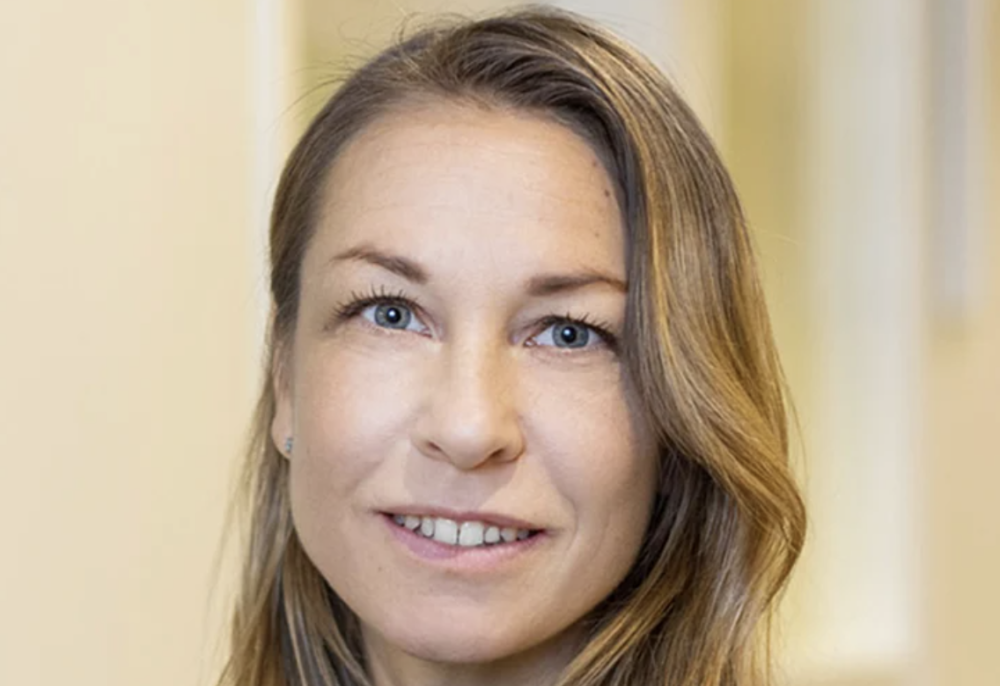Advertisement
Ultimovacs announces NIPU results presented at ESMO 2023

Ultimovacs has announced the results from the NIPU clinical trial, an investigator-initiated, randomized, multi-center, open-label Phase II clinical trial for second-line treatment in patients with malignant mesothelioma.
The data presented as a late-breaking abstract at the ESMO Congress, shows that Ultimovacs’ cancer vaccine UV1, in combination with ipilimumab and nivolumab, demonstrated a statistically significant and clinically meaningful improvement of overall survival versus ipilimumab and nivolumab alone, a key secondary endpoint, states the company. No additional safety concerns were reported from the UV1 treatment.
“We are thrilled to announce the highly advantageous results from the first randomized UV1 Phase II trial, marking a major milestone for Ultimovacs. Overall survival is the ‘gold standard’ in cancer treatment. We believe these data supports further development in mesothelioma, and we are looking forward to discussing the results with the regulatory authorities,” says Carlos de Sousa, CEO of Ultimovacs. “UV1, by demonstrating significant survival improvement in a hard-to-treat indication as malignant mesothelioma, shows that universal cancer vaccines are a treatment modality with the potential to improve the current treatment regime for cancer patients globally. The encouraging NIPU results heighten our optimism and raise our expectations for favorable results in the four additional ongoing UV1 Phase II trials. I would like to thank everyone who has contributed, especially Professor Åslaug Helland, who invited us to participate in the study, and Bristol-Meyers Squibb for their valuable contribution.”
The results
The results showed that UV1 plus ipilimumab and nivolumab improved overall survival (OS), reducing the risk of death by 27% (HR=0.73 [80% CI, 0.53-1.00]). The median OS was 15.4 months (95% CI, 11.1-22.6) for UV1 plus ipilimumab and nivolumab (treatment arm) versus 11.1 months (95% CI, 8.8-18.1) for ipilimumab and nivolumab alone (control arm), with a median observation time of 17.3 months. This degree of improvement met protocol predefined threshold for statistical significance.
The data further demonstrated a benefit in terms of objective response rate, as determined by a blinded independent central review. In the UV1 arm, 31% of the patients experienced an objective response, as compared to 16% in the control arm (odds ratio 2.44 [80% CI, 1.35-4.49]).
The safety profile of the combination of UV1 plus ipilimumab and nivolumab observed in the trial was consistent with the safety profile of ipilimumab and nivolumab alone, confirming the good safety profile for UV1. The patients will continue to be monitored for efficacy and safety endpoints over the next years.
The title of the late-breaking ESMO abstract is “LBA99 First survival data from the NIPU trial; A randomized, open-label, phase II study evaluating nivolumab and ipilimumab combined with UV1 vaccination as second line treatment in patients with malignant mesothelioma.”
About the study
The NIPU study is sponsored by Oslo University Hospital with support from Bristol-Myers Squibb and Ultimovacs. The randomized, open-label, multi-center trial with 118 patients conducted in Australia, Denmark, Norway, Spain, and Sweden, was designed to investigate if combining UV1 with checkpoint inhibitors ipilimumab and nivolumab would provide a benefit compared to ipilimumab and nivolumab alone, in patients with malignant mesothelioma after first-line treatment with platinum-based chemotherapy. The first patient in the NIPU trial was enrolled in June 2020, and the last patient was enrolled in January 2023.
The NIPU study announced topline results in June 2023. Based on blinded independent central review (BICR), the study did not meet the primary endpoint of PFS. Investigator assessment, a pre-defined supportive analysis of the primary endpoint performed by specialized radiologists at the study hospitals, showed a statistically significant positive PFS benefit for the patients in the UV1 arm. The HR per BICR was 1.01 (80% CI 0.75-1.36), with a median PFS of 4.2 months (95% CI 2.9-9.8) for UV1 plus ipilimumab and nivolumab, and 4.7 months (95% CI 3.9-7.0) for ipilimumab and nivolumab alone. The HR per investigator assessment was 0.60 (80% CI 0.45-0.81), with a median PFS of 4.3 months (95% CI 3.0-6.8) for UV1 plus ipilimumab and nivolumab and 2.9 months (95% CI 2.4-5.5) for ipilimumab and nivolumab alone.
The data from June 2023 showed a positive trend of improvement in overall survival in the UV1 arm over the control arm, but the data needed to mature before a conclusion could be reached. As of August, with a median observation time of 17.3 months, the data presented at ESMO demonstrates survival benefit for patients receiving the UV1 vaccine in the NIPU study.
UV1
In October 2023, Ultimovacs announced that FDA had granted Orphan Drug Designation for UV1 in the treatment of mesothelioma (based on the NIPU data from June 2023).
UV1 is a therapeutic cancer vaccine used to generate an immune response against the enzyme human telomerase (hTERT). The enzyme is essential for the ability of cancer cells to proliferate. Telomerase is present in 85-90% of all cancers, across the stages of the disease. The vaccine is manufactured as an off-the-shelf product with a long shelf life. UV1 is easy to use and does not require sophisticated hospital infrastructure, enabling patient access to therapy also in community centers, and in rural and underserved communities.
Ultimovacs is evaluating the universal cancer vaccine UV1 in a broad clinical development program across various cancer indications with different biologies and disease stages, in combination with different checkpoint inhibitors. The topline data from NIPU are the first results among the five randomized trials in the UV1 Phase II clinical program. In addition to malignant mesothelioma, Phase II studies are ongoing in patients with malignant melanoma, head and neck cancer, ovarian cancer, and non-small cell lung cancer. The topline data from the malignant melanoma and head and neck cancer trials are expected during the first and second half of 2024. UV1 is a patented, proprietary technology owned by Ultimovacs.
Photo of Carlos de Sousa: Ultimovacs
Updated: September 16, 2024, 08:34 am
Published: October 18, 2023
Advertisement












